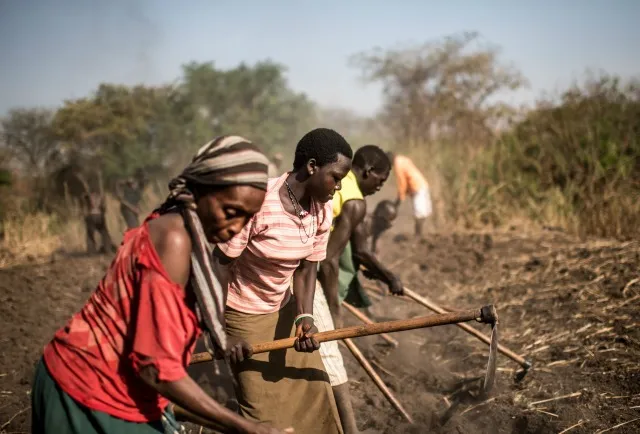Nairobi, 17 November, 2022 / 9:45 pm (ACI Africa).
Faith and civil organizations focused on food sovereignty and justice worldwide have castigated Bill Gates for proposing “high-tech solutions” including genetic engineering, new breeding technologies, and digital agriculture to address the hunger crisis in Africa.
In a statement shared with ACI Africa Wednesday, November 16, officials of the 50 organizations say African farmers and organizations are not short of practical solutions and innovations to address the crisis.
Officials of the organizations including the Southern African Faith Communities Environment Institute (SAFCEI), a multi-faith entity that includes representatives of the Southern African Catholic Bishops’ Conference (SACBC), say Mr. Gates proposed the technology solutions in the media.
“You make a number of claims that are inaccurate and need to be challenged. Both pieces admit that the world currently produces enough food to adequately feed all the earth's inhabitants, yet you continue to fundamentally misdiagnose the problem as relating to low productivity; we do not need to increase production as much as to assure more equitable access to food,” they say.
The leadership of the faith and civil entities add that Gates' idea that the Green Revolution of the mid-20th century needs to be replicated now to address hunger and that better seeds produced by large companies are required to cope with climate change are “distorted”.








